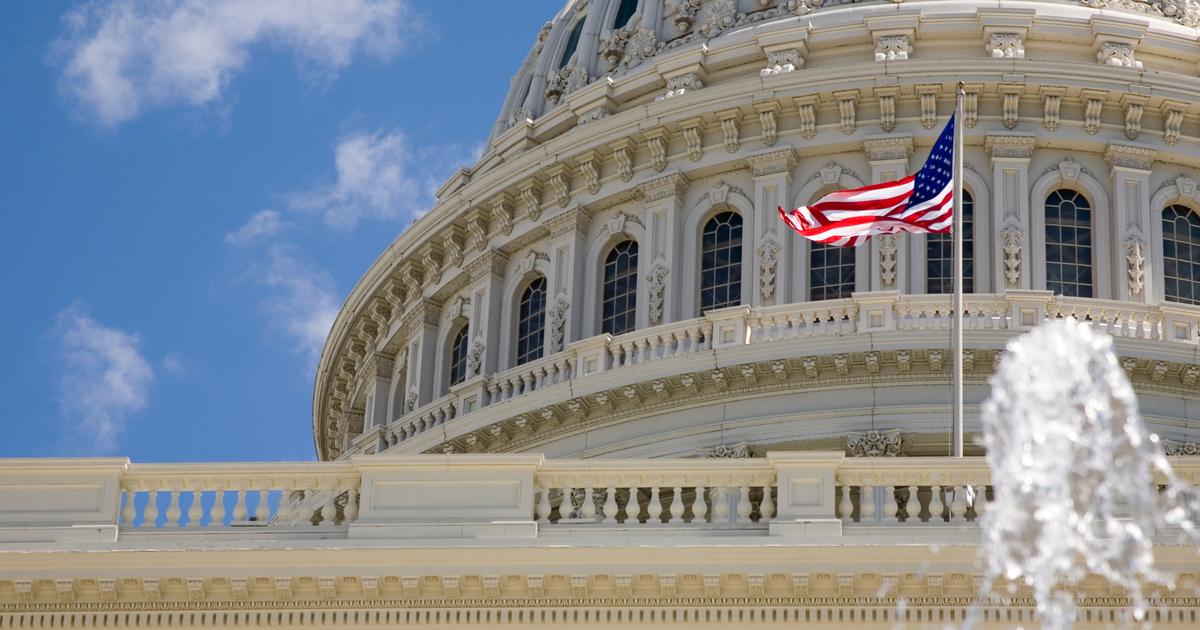The United States could find itself in default as early as early June, if no agreement is reached between Democrats and Republicans to raise the debt ceiling, said Friday the budget service of Congress. The CBO, a politically independent agency responsible for providing budget and economic analysis to Congress, had previously estimated that this was likely to happen between July and September.
However, the Treasury Department had already mentioned the date of June 1 for a possible default of the world's largest economy, an unprecedented situation. "If the debt ceiling remains unchanged, there is a significant risk that at some point in the first two weeks of June, the government will no longer be able to pay all of its obligations," the CBO said in the report. "The Treasury's ability to fund ongoing government operations will remain uncertain throughout May, even if the Treasury eventually runs out of funds in early June," the report said. The CBO notes that "additional extraordinary measures" and end-of-quarter tax revenues could allow the government to "fund its operations until at least the end of July."
The debt of the world's largest economy reached $31 trillion on January 000, the ceiling beyond which the country can no longer issue new loans to finance itself. Temporary emergency measures have been taken to continue paying. Democrats and Republicans are engaged in a tug-of-war over this issue, the Republican opposition refusing, for the moment, to raise the debt ceiling without concessions. A meeting is scheduled for early next week at the White House. But "if the debt ceiling was not raised or suspended, the Treasury would not be allowed to issue additional debt other than to replace maturing or repaid securities," the CBO said.
This would result in "late payments for certain government activities, default on government debt obligations, or both," the agency said. This unprecedented situation could lead to serious consequences, with the CBO citing "difficulties in credit markets, disruptions in economic activity and rapid increases in borrowing rates for the Treasury".

